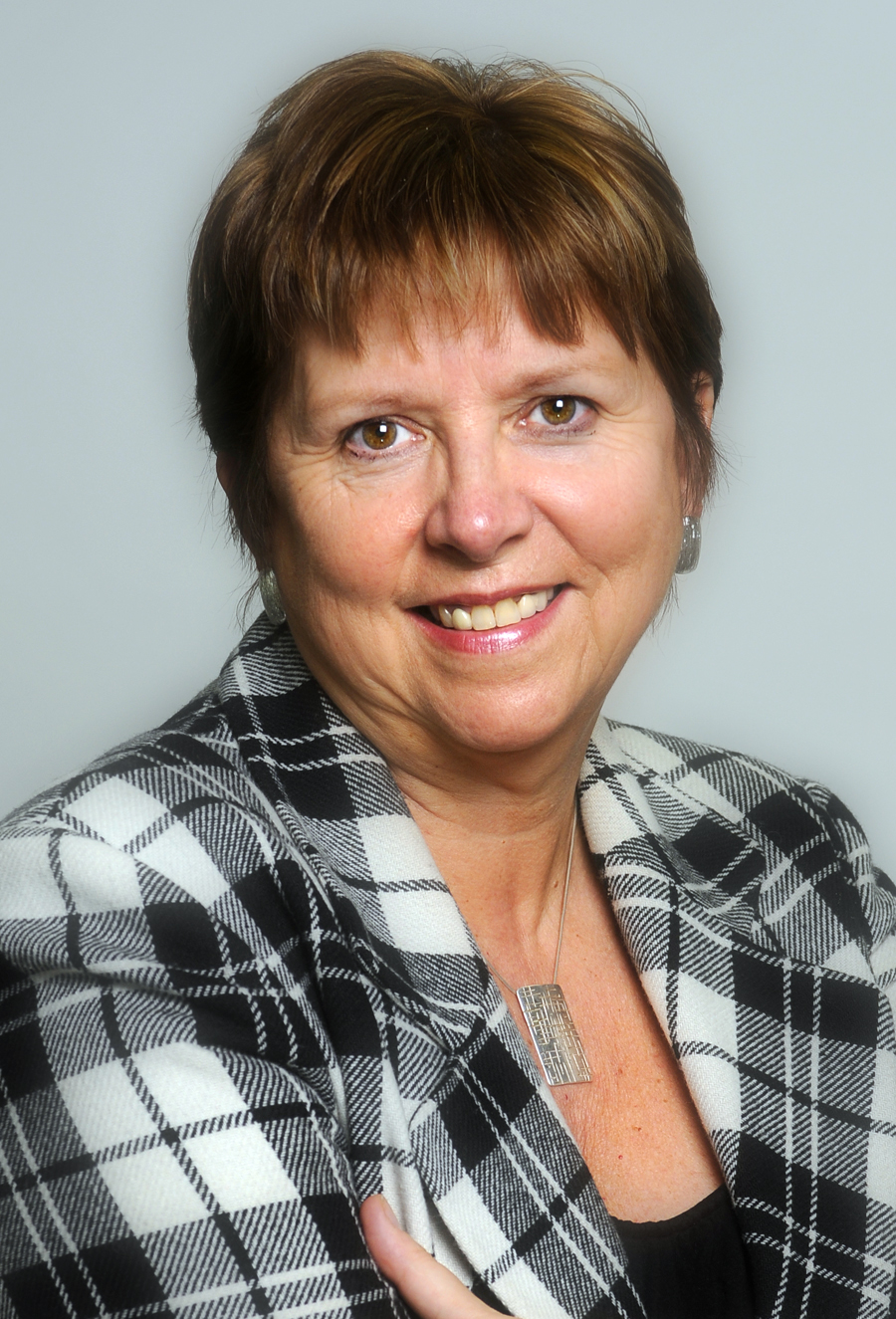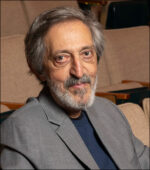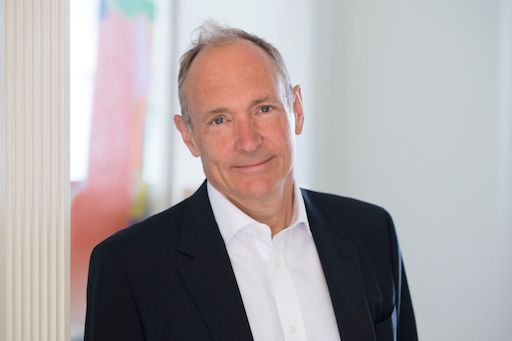Computer science is a global activity, yet it’s telling that Wendy Hall was the first president of the Association for Computing Machinery to live outside North America.
Hall, whose term as ACM’s president ended in June 2010, is a professor of computer science at the University of Southampton in England. Her current research focuses on the Semantic Web. In fact, along with Tim Berners-Lee, she is one of the founding directors of the Web Science Research Initiative, a collaboration between Southampton and the Massachusetts Institute of Technology.
Looking back at her tenure with the ACM, which started in 2008, Hall said being president of the association was a great honor, mainly because she was able to make a difference at a global level.
“When I was president of the British Computing Society (from 2003 to 2004), it was a national [organization]. At the ACM, you have a chance to make a difference at a global level, and it is quite prestigious,” she said.
During her tenure as ACM president, Hall established additional ACM hubs in Europe, India and China, expanding the organization’s reach. She also developed the ACM Women’s Council and launched ACM-W activities in India.
“Increasing ACM’s relevance and influence in the global computing community has been a top priority throughout my presidency,” Hall said in her final report, published in January 2011. “By sharing ACM’s array of valued resources and services with a borderless audience, and by discovering, welcoming and nurturing talent from all corners of the computing arena, ACM can truly be distinguished as the world’s leading computing society.”
Hall was succeeded by Alain Chesnais (founder of Visual Transitions in Toronto), whose two-year term began July 2010.
Hall spoke with SD Times to explain how she got started with computers and where she thinks the World Wide Web will go next.

SD Times: How did you get interested in computers?
Hall: I became interested in computers in the 1980s because of the personal computer, with the concept of hypermedia, which is putting large amounts of data onto a computer and then linking it together. Women did not dominate the computer science field, and the newer experiments, particularly with linking and eventually the Internet, were not even considered computer science.
How will the Internet change in the next few years?
I met Tim Berners-Lee at a conference in 1990 and then again at the ACM 1991 High Tech Conference, and saw the World Wide Web for the first time. My current research focuses on the Semantic Web, which is the next phase of the Web. The first phase was a Web of documents, the second was a Web of social networking and communication, and the third—the Semantic Web—will be a smarter Web. We the people build the Web.
What do you think is the most important aspect of our culture in order to make the shift to this new Web?
The fact that we are all online on the move is hugely important. It is important for the developing world [especially], as many [in Africa and India] will see the Internet for the first time on a mobile device. Additionally, the Web is changing how governments interact with their population, as seen in the Egypt most recently.
How do you think education has been changed by technology?
The early days were all about building intelligent tutors. In the early 1980s, we thought we’d have programs to teach people, and that hasn’t happened. However, the way we deliver education has changed: It is all electronic, with e-mail and wiki systems like Blackboard. In some ways it has fundamentally changed how we educate students, but we still have a need for a university, of gathering in a way to talk with professors. Despite interactions via e-mail, most still have personal interactions.





